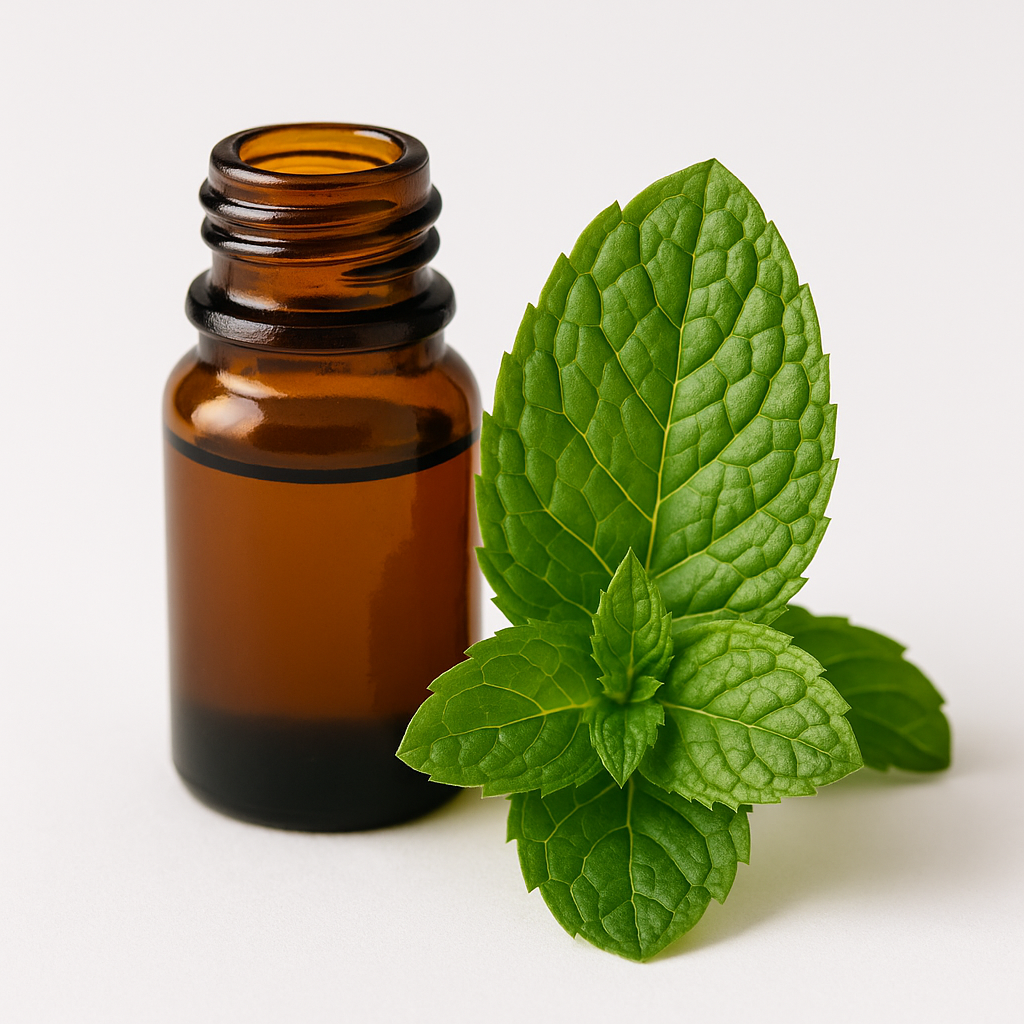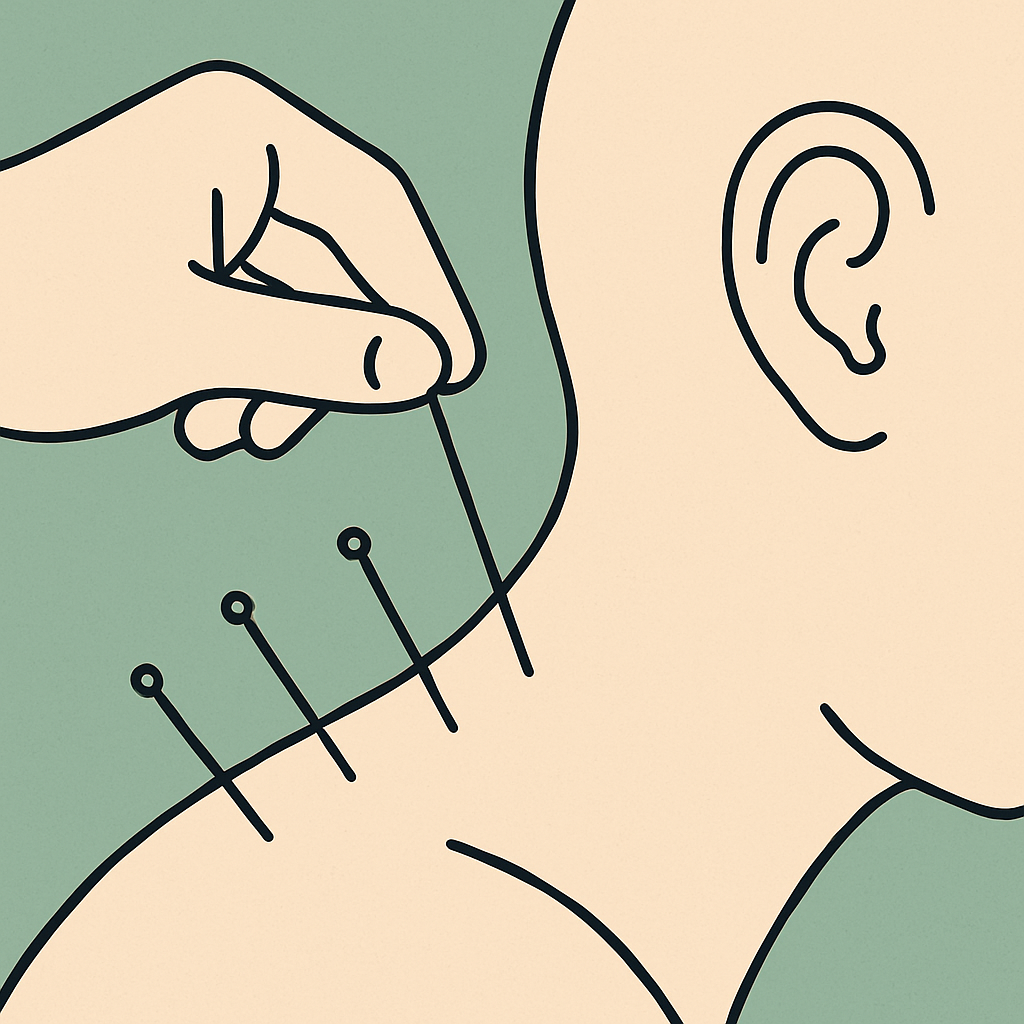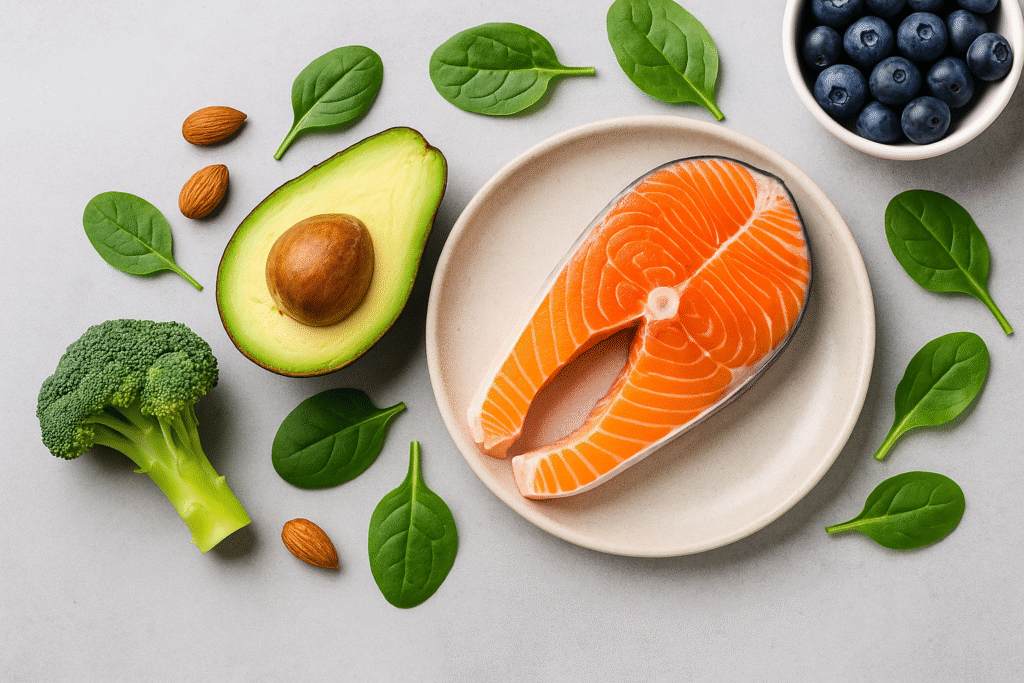
If you’ve ever had a migraine, you know it’s more than just a bad headache. It’s a throbbing, pulsing pain that can hijack your entire day—sometimes even a few. Light hurts, sound becomes unbearable, and even trying to think clearly feels impossible. While prescription medications can be effective, many people are turning to natural remedies, either to supplement their treatment plans or to avoid pharmaceutical side effects altogether.
Thankfully, research is catching up with what many have intuitively known for years: nature has some powerful tools for relieving migraines. Here are five science-backed natural remedies worth exploring—practical, safe, and accessible options that might just bring the relief you’ve been looking for.
1. Essential Oils: More Than Aromatherapy
One of the gentlest yet surprisingly effective natural remedies for migraines is essential oils. Specifically, peppermint and lavender oils have been studied for their impact on headache symptoms.

- Peppermint oil contains menthol, which helps improve blood flow and can create a cooling sensation that may dull the pain. A study published in Cephalalgia found that a 10% peppermint oil solution applied to the temples provided significant relief in migraine sufferers.
- Lavender oil, known for its calming properties, has been found to reduce migraine severity and frequency when inhaled. A 2012 study from the European Neurology Journal showed that migraine patients who inhaled lavender oil for 15 minutes reported better outcomes than those who inhaled a placebo.
How to use it: Try massaging diluted peppermint oil (mixed with a carrier oil like coconut oil) onto your temples and the back of your neck. For lavender oil, use a diffuser or add a few drops to a bowl of hot water and inhale the steam. Even a few drops on your pillow can help if your migraines are triggered by sleep issues.
2. Magnesium: The Mineral Your Brain May Be Missing

Magnesium is involved in over 300 biochemical reactions in your body—and for migraine sufferers, that’s important. Studies have shown that people with migraines often have lower levels of magnesium compared to non-sufferers.
A clinical trial published in the Journal of Neural Transmission found that taking magnesium citrate (600mg daily) significantly reduced the frequency of migraines in participants after three months.
Magnesium helps regulate neurotransmitters and can stabilize blood vessel function—both of which play a role in migraine development.
How to get it: Magnesium-rich foods include almonds, spinach, black beans, avocado, and dark chocolate. But to reach therapeutic levels, a supplement may be necessary. Always consult with a healthcare provider before starting any new supplement, especially if you have kidney issues or take other medications.
3. Acupuncture: Ancient Practice, Modern Results

Acupuncture, the traditional Chinese practice of inserting thin needles into specific points on the body, has gained credibility in Western medicine—especially for migraine relief.
A 2016 meta-analysis published in The Cochrane Database of Systematic Reviews found that acupuncture was more effective than no treatment and even some drug therapies in reducing migraine frequency.
The mechanism? Acupuncture may stimulate the release of endorphins, improve blood circulation, and regulate inflammatory pathways—factors that can contribute to both the onset and relief of migraines.
How to try it: Look for a licensed acupuncturist with experience in treating migraines. Sessions are usually relaxing and can be part of a regular wellness routine, especially if your migraines are chronic or stress-induced.
4. Yoga and Mindfulness: Calm the Storm Within

Stress is one of the most common migraine triggers. That’s where yoga and mindfulness-based stress reduction (MBSR) techniques come in.
A study published in the International Journal of Yoga showed that participants who practiced yoga for 3 months had fewer migraine attacks and reported better quality of life. Gentle poses, breath work, and meditation can help lower cortisol levels and reduce muscle tension.
Mindfulness meditation, in particular, trains the brain to be less reactive to stress—potentially helping to stop a migraine before it fully manifests.
Getting started: You don’t need to become a yogi overnight. Start with 10 minutes a day of gentle stretching, deep breathing, or guided meditations (apps like Calm or Headspace can help). Focus on consistency, not perfection.
5. Dietary Changes: Eating Your Way to Fewer Migraines
What you eat—and what you avoid—can significantly impact your migraine patterns. Some people find that certain foods like aged cheeses, red wine, processed meats, or anything with MSG can act as triggers.

At the same time, a diet rich in anti-inflammatory foods can help reduce overall migraine risk. Think leafy greens, berries, turmeric, fatty fish, and nuts.
A 2021 study in BMJ Nutrition, Prevention & Health found that a plant-based diet rich in dark green leafy vegetables significantly reduced migraine frequency and intensity in chronic sufferers.
Pro tip: Keep a food and migraine diary for a few weeks. Track what you eat and when migraines occur—you might uncover patterns you never noticed. Then, work with a nutritionist to tweak your diet gradually.
🧠 FAQ: Natural Migraine Relief
Q: Can I use these natural remedies alongside my prescription meds?
A: In most cases, yes—but always check with your doctor, especially with supplements or essential oils, which can interact with medications.
Q: How long before I see results with these remedies?
A: It depends. Some remedies, like essential oils, may provide immediate relief. Others, like magnesium or dietary changes, might take a few weeks to show consistent results.
Q: Are natural remedies safe for children or teens with migraines?
A: Some, like magnesium and mindfulness, may be safe with supervision, but always consult a pediatrician first.
Q: What’s the best remedy to start with?
A: Start with what feels manageable—maybe try essential oils or a magnesium-rich diet first. Small changes can lead to big improvements over time.
Living with migraines is tough, but you’re not powerless. Natural remedies offer more than just symptom relief—they can help you feel more in control, grounded, and proactive in your own care. Experiment with what works for you, and don’t hesitate to mix and match approaches until you find your personal formula for relief.
